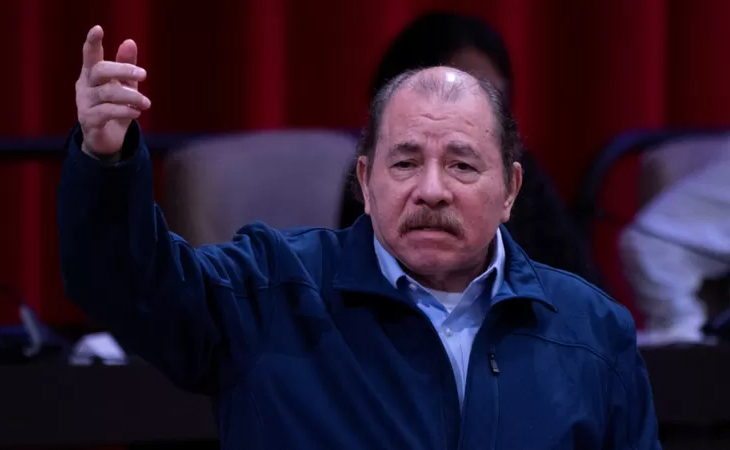With reports by BBC News World and other cables
The release of the political prisoners was well received by human rights organizations, which celebrated the release of 200 political prisoners without sparing criticism of Managua.
In the United States, Secretary of State Anthony Blinken said in a statement that this decision “marks a constructive step to address human rights abuses in the country and opens the door for greater dialogue between the US and the US. and Nicaragua on topics of interest”.
The president of the Central American country, Daniel Ortega, assured on national television that there was no “negotiation” with the US for the release of the prisoners and that they did not ask Washington for anything in return.
On Thursday morning, magistrate Octavio Rothschuh, president of Chamber One of the Managua Court of Appeals, had made public a sentence that decreed the “immediate and effective deportation of 222 people sentenced for committing acts that undermine the independence, the sovereignty and self-determination of the people; for inciting violence, terrorism and economic destabilization”.
“The deportees were declared traitors to the homeland and punished for different serious crimes and permanently disqualified from exercising public office,” Rothschuh said.
The flight with the opponents left the Nicaraguan capital early in the morning for Washington DC, where it arrived at mid-morning.
The president of Nicaragua, Daniel Ortega, spoke on national television to ensure that the release and expulsion of the 222 opponents that took place this Thursday was not done to obtain something in return from the United States.
“We are not asking for the sanctions to be lifted. We are not asking for anything in return,” the president said.
Ortega explained that the expulsion of the opposition group to Washington occurred after his wife, Vice President Rosario Murillo, spoke a few days ago by phone with the US ambassador in Managua, Kevin Sullivan, before a trip to his country, and He suggested that Washington receive the prisoners.
The president acknowledged that he did not expect a positive response from the United States to the request. However, Sullivan replied that he would consult the White House, but not before asking how many prisoners he intended to release.
“Everyone,” Ortega replied. “We do not want any trace of the empire’s mercenaries to remain in our country,” he added, according to information from the EFE news agency.
The individuals released from Nicaraguan custody include political and business leaders, journalists, civil society representatives, and students.
Writer Gioconda Belli, who was a guerrilla and revolutionary before becoming a staunch opponent of the government of Daniel Ortega, said: “Taking away their nationality and invoking exile for freed Nicaraguans is a display of cruelty…” during a interview from Spain, who said she was surprised by the news, and that she had to verify several times that the release this Thursday of 222 opponents from her country was real.



